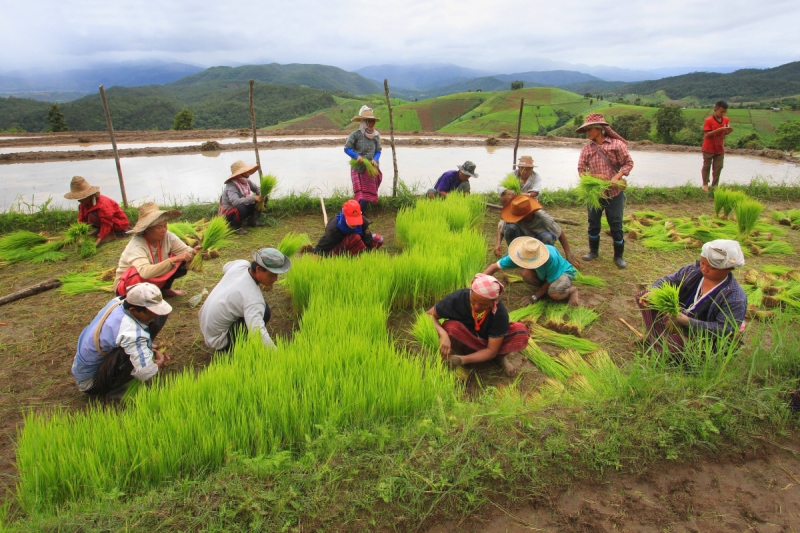




This is according to a recent news report by a British national daily newspaper, The Guardian.
Ever since GM food were first introduced into the market more than a couple of decades ago, debates about their safety has remained contentious, said another feature from The Guardian. On one corner, opponents assert that GM foods, while not posing immediate risks, could cause severe health impacts for both humans and wildlife in the long run. On the other hand, several national drug administrations and hundreds of scientific researches continue to prove that these new wave of laboratory-bred organisms are just as safe for consumption as the naturally-farmed ones.
Such is also the declaration of a high-powered science advisory board concerning GM food. The National Academies of Science, Engineering and Medicine of the United States (US) concluded in their 408-page report that altering the genes of the food we consume does not produce the “Frankenfood” monster the general public fear of.
'Pretty much just crops'
“The academies’ Committee on Genetically Engineered Crops concluded that no differences have been found that implicate a higher risk to human health safety from these GM foods than from their non-GM counterparts”, added the report. Therefore, they believe that people should not make any sweeping generalizations on artificially-produced crops.
The committee likewise assured that eating GM produce does not cause adverse health side effects such as increased risk of diabetes, kidney disease, obesity, autism or food allergies, like most opponents would claim.
As the boundaries between GM and natural foods continue to blur, it becomes vital for producers and regulators to focus more on the safety of the end product, rather than argue on the nitty-gritty of its production. "The inescapable conclusion, after reading the report, is the GM crops are pretty much just crops,” Professor Wayne Parrott of Georgia University’s Crop and Soil Sciences Department said, as cited by The Independent UK.
Feeding the World Not
The setback, however, is that GM crops do not seem to address food insecurity issues like proponents expected them to.
Much to GM supporters’ dismay, the report by the committee also suggested that, while GM crops are certified safe, there was no proof that they are helping reduce global hunger as promised either. “No significant change in the rate at which crop yields increase could be discerned from the data,” they concluded. This is despite many experiments and researches arguing that they would do so.
The US’ Soil Association asserted that this finding "strongly rebuts the argument that GM crops are needed to feed the world".
Additionally, Professor Parrott, commenting on the findings in an article from The Independent UK, said the “inescapable conclusion” was that GM crops were not a “panacea” or the “dreaded monsters” that those on both sides of the debate claim.
They are, plain and simply, your ordinary fruits and vegetables.
GMOs in the GMS
The Greater Mekong Sub-region (GMS)’ love-hate relationship with GM foods is no different.
While the world is going nuts debating about the pros and cons of GMOs, our region is asking the same question: Is the GMS open to the idea of replacing their traditional, backyard-grown food with scientifically-altered crops?
While GM food has long been silently penetrating our markets, can the GMS finally let go of their traditionally-held beliefs about GM food and openly accept them now that more and more GM products in the market are getting labelled?
While this rings untrue for the case of the US, can GM foods, in the context of the GMS, help solve the region’s decades-long concern of food insecurity?
Is the GMS all set for GMOs?